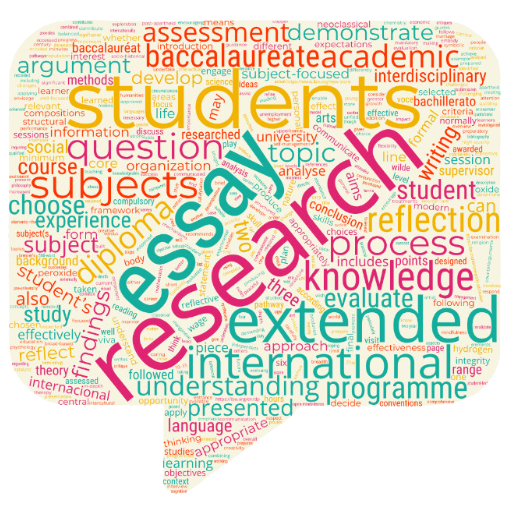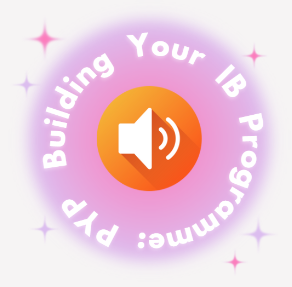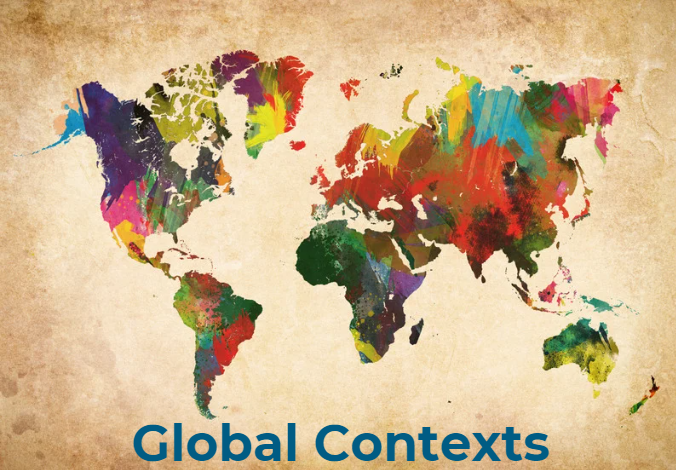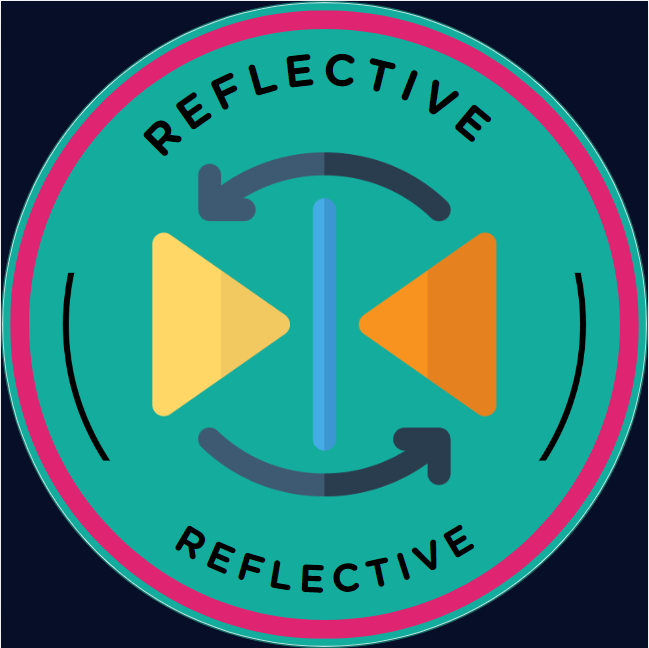Updated: Sep 12, 2022
The What
What do students need to be able to do in order to be prepared in today’s world?
If we look at the global effects of the COVID-19 virus on businesses, job markets, healthcare, supply chains, entertainment, sports, stock markets, education, families, and students, we can reflect upon this essential question with a common perspective and generate some general ideas.
From our current events, it is easy to see that students need to be able to solve new problems in new and quickly-changing contexts in work and life, for themselves and others, using evolving and emerging technologies, working independently and with others from various backgrounds and cultures, while keeping their stress levels managed, finding personal and professional purpose, and realizing the interconnectedness of a global world’s sharing of finite resources. The landscape in which we are preparing students for is unknown and ever-changing in exponential times. In short, students need to be able to solve problems and take actions by thinking critically, creating, communicating, and collaborating, widely referred to as the 4C’s in the education realm. Students have to be able to know how to learn in various ways including self-directed learning, learning with, and learning from others to accomplish this long list of needs.
If we breakdown the summary of what students will need to be able to do from the above statements, we could say that they will have to solve personal and professional problems by:
-
Using evolving and emerging technologies
-
Anticipating what’s coming in the wake of rapid changes
-
Learning and working with new things independently
-
Working with, creating for, and/or providing services to people of various backgrounds and cultures
-
Managing their stress levels, physical health, and social-emotional health
-
Understanding global interconnectedness of choices, actions, resources, and knowledge
-
Considering various quickly-changing contexts for work and home life
Consequently, students will need to be able to understand…
-
How people are connected
-
How to work independently
-
How to collaborate
-
How one’s actions affect others
-
How to anticipate problems
-
How to think critically and creatively to solve problems
In this conceptual age, students need to know how to think holistically to create solutions. They will need to know how to quickly adapt to sudden or new economic and social changes. Thinking ahead to what possibly could occur and planning for upcoming and current situations are crucial skills for all. Finally, considering global issues like the ones that make up the world’s Sustainable Development Goals including protecting the planet, growing peace and justice, and promoting good health, is widely recommended. Understanding the global goals will support their ability for coexisting and collaborating so as to make a positive difference, inform their current and future welfare, and lead to purpose, balance, and the fullness of their humanity. To educate students to be prepared for what they need to know and know how to do will require the consideration of the attributes that determine who they are as people, alongside the specific approaches and instructional intentional perspectives that are relevant and congruent to today’s world. How we design curriculum to align with students’ educational needs will be explored next month in the fourth part of this series.

Author
-
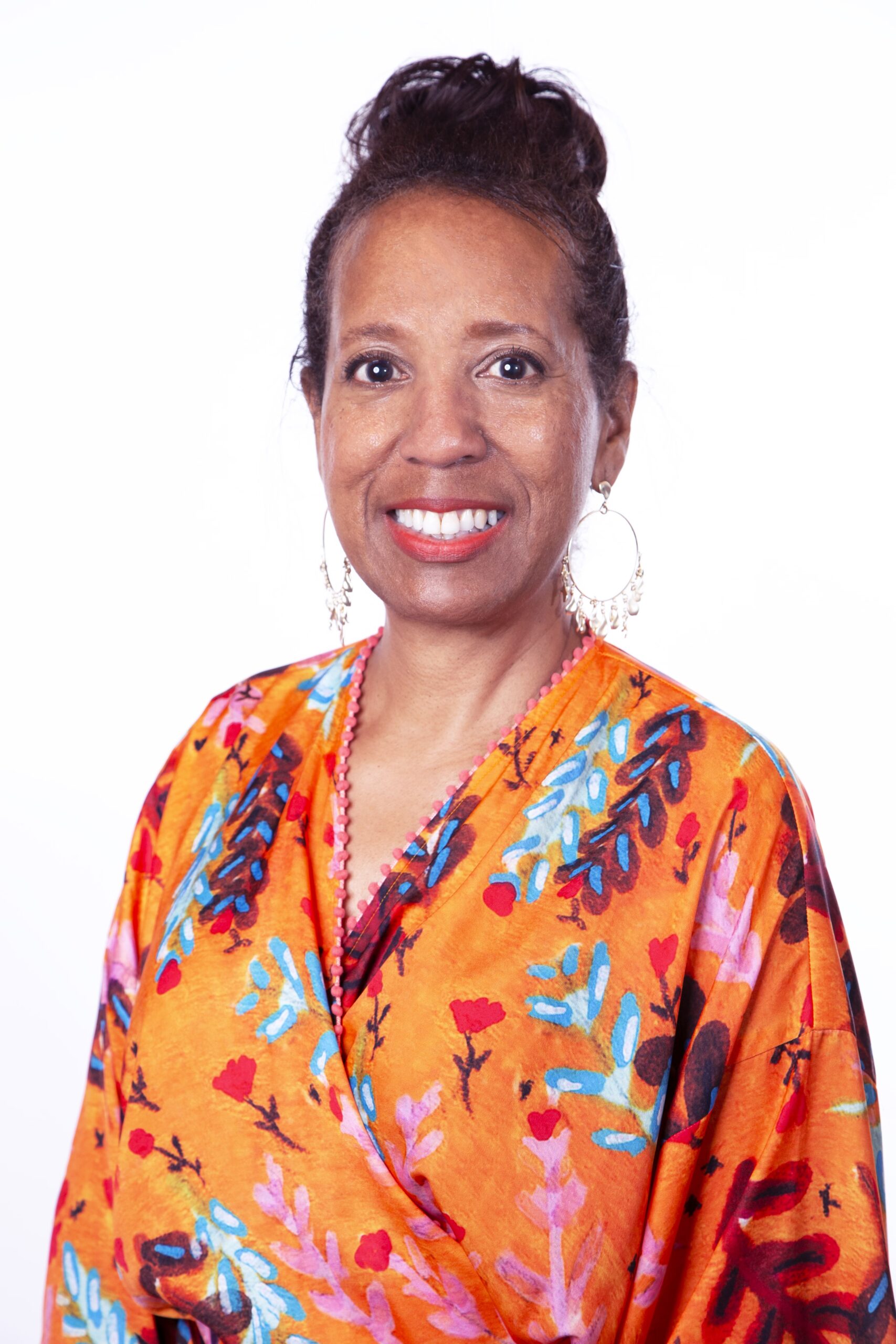
Jill is the CASIE Director of Education. She has a Master’s degree in Educational Leadership from Clark Atlanta University and a Bachelor’s degree in Education from The Ohio State University. Her past work experience includes serving as a teacher, IB coordinator, assistant principal, associate principal, 12 years as a principal with the last 7 leading an IB World School, Executive Director of Academic Programs including all four IB Programmes, head of of Curriculum and Assessment for Marietta City Schools, and an IB Educator Network programme leader. She enjoys learning, reading, walking, spending time with her husband, daughter, son, daughter-in-law, and friends.
View all posts

